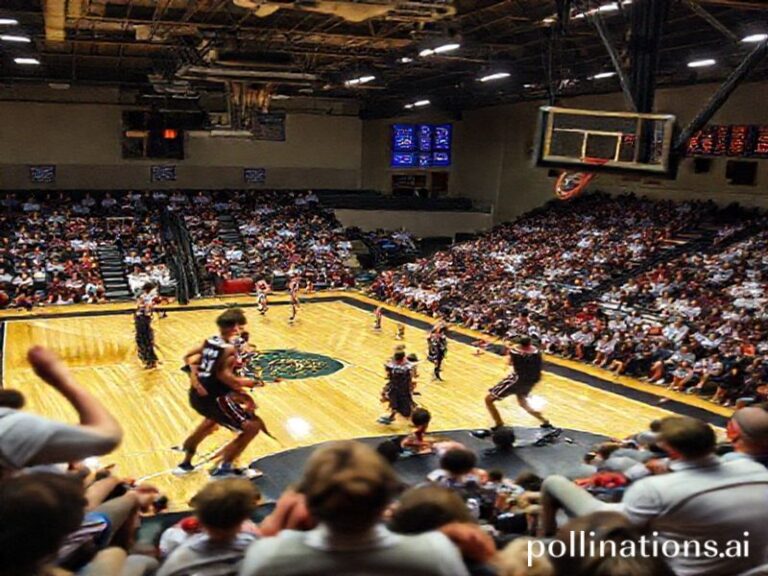From Yugoslav Ruins to Qatari Floodlights: How Alex Goleš Became Europe’s Accidental Life Coach
Alex Goleš: The Balkan Midfielder Who Became a Metaphor for Europe’s Existential Midfield Crisis
From the terraces of Partizan Belgrade to the fluorescent-lit spreadsheets of UEFA licensing officers, the career arc of Aleksandar “Alex” Goleš is less a bedtime story for football romantics and more a cautionary fable for anyone who still believes the beautiful game is governed by anything more noble than compound interest. Born in Split when Yugoslavia was still a geopolitical punchline rather than a nostalgia brand, Goleš spent his formative years kicking a ball across a continent that was simultaneously imploding and rebranding itself. If that sounds like heavy luggage for a teenager, remember: in the Balkans, existential dread comes pre-inflated.
He signed his first professional contract in 1991, the same week Slovenia discovered it could issue its own passports. Coincidence? Probably. But try telling that to the Slovenian customs officer who once confiscated his boots on suspicion they contained hidden statehood. Goleš’s early career reads like a UN peacekeeping deployment schedule: stints at Olimpija Ljubljana, Maribor, and a cameo in the Austrian Bundesliga, where he learned two things—how to nutmeg a Viennese banker and that the phrase “EU enlargement” makes landlords raise rent faster than you can say “Schengen.”
By the late 90s, Goleš had matured into the kind of tidy, tactically literate midfielder that bigger clubs admire from a safe fiscal distance. He fetched up at Partizan just in time for NATO to bomb Serbia back to dial-up internet. Training sessions were occasionally interrupted by air-raid sirens, which the coaching staff gamely repurposed as interval timers. Ever the professional, Goleš later told reporters the bombing improved his first touch: nothing sharpens close control like shrapnel on the training pitch.
In 2001 he moved to Germany’s Energie Cottbus, a club whose name translates roughly to “Thermodynamic Paradox.” There, he discovered the Teutonic talent for turning existential angst into three points on a Saturday. German fans loved him because he ran as if late for a war-crimes tribunal, and because his surname sounded like a minor Balkan military operation. Meanwhile, back home, Serbia was busy swapping currencies the way other people change phone cases. Goleš’s wages were paid in Deutsche Marks one week and “super-dinars” the next, a monetary experiment economists now study under the chapter titled “How to Lose Friends and Devalue People.”
Post-retirement, Goleš did what every sensible Balkan footballer does: he got a coaching badge and began exporting Serbian angst to unsuspecting foreign academies. From Qatar to Kazakhstan, he has taught young midfielders how to pivot away from geopolitical reality with the same elegance he once used to pivot away from pressing strikers. His LinkedIn profile lists “crisis navigation” as a core competency, presumably because “survived the 90s” exceeds the character limit.
The global significance? Goleš’s career is a living syllabus for the modern migrant worker: adapt, monetize, repeat. In a world where borders are drawn by algorithm and erased by inflation, he is the rare individual who can file tax returns in four alphabets. UEFA’s Financial Fair Play auditors study his transfer history the way medieval monks studied plague vectors—equal parts fascination and terror.
And so, somewhere on a floodlit pitch in Doha, Alex Goleš blows a whistle and 14-year-olds scatter like EU subsidies. The drills are universal—pass, move, communicate—but the subtext is unmistakably Balkan: everything is temporary except the need to improvise. In that sense, Goleš isn’t just coaching midfielders; he’s running a finishing school for the 21st-century human condition. Graduate with honors, and you too can learn to dribble through collapsing institutions without ever losing possession of your sense of humor. Just don’t ask about the exchange rate until after extra time.







